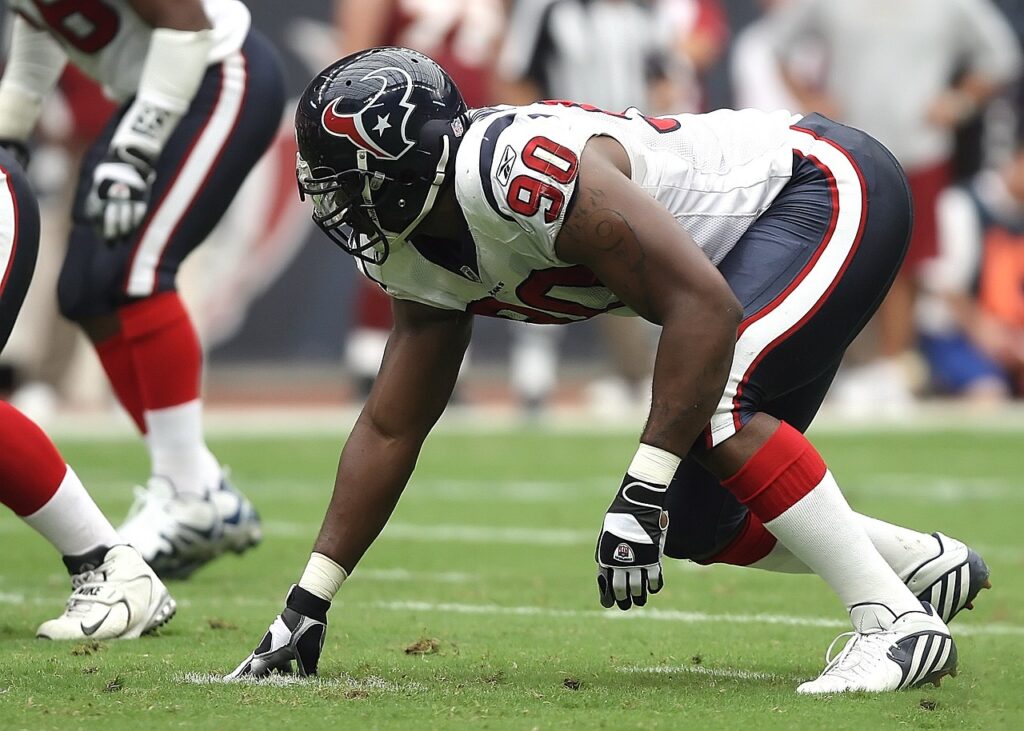
Recruitment Strategy Isn’t About Hiring for Reputation But Building an Organization Where Talent Can Thrive
For the past twenty years, the New England Patriots have been a dominant franchise in the NFL. That’s with or without Tom Brady — though mostly with.
Because of the impressive legacy and win record, struggling NFL teams have repeatedly hired Patriots assistant coaches, under the assumption that they might bring the magic and success to their own organization.
Unfortunately, the results have been almost universally underwhelming.
Advertising agencies are often guilty of this same approach: hiring stars from another agency and hoping for a salve to heal their struggles. While it is easy to look at the “hot shop” or the “most awarded agency,” this strategy is simply a band-aid and is better suited for generating internal excitement and positive PR.
“Few put in the time to address organizational changes, instead placing their bets on fresh talent who will bring change with them.”
Oftentimes with these superstar hires, there is a brief honeymoon period but usually in a year or two, the search for the next savior will begin. At its worst, this strategy results in a complete shakeup when strong and decisive leaders implement change that isn’t fundamentally aligned with the vision. I usually see the agency react by pulling the plug, even though the leader may be executing the plan he or she set out to from the start.
To avoid this cycle, agencies need to go through the hard work of evaluating their needs, understanding what aspects of the agency is willing to change (or not) to accommodate a particular leader, working to clearly articulate what the agency does well and what it stands for, and thoroughly vetting candidates within this context.
“Keep in mind that creative leaders at the agency need to act like CMOs for the company.”
Few put in the time to address organizational changes, instead placing their bets on fresh talent who will bring change with them. So before you even begin to speak with candidates, companies need to consider deeper reflective questions such as: Where is the agency struggling? What skills does the agency need from someone stepping into a leadership position? How can we accurately explain the position, strength, and desires of the agency to the candidate?
As the interview process moves on, the goal is to understand whether the candidate has a record of successfully handling new business and if they possess the ability and gravitas to gain the trust of the agency’s current clients. Agencies should focus on questions like: Is the work that has made the candidate famous compatible with the work that the agency currently has? If not, does that mean the agency is willing to go after a new set of clients and brands that are compatible? What do you hope a new leader will accomplish in a year, or five?
Keep in mind that creative leaders at the agency need to act like CMOs for the company. In order to do that, they’ll need a firm grasp and honest evaluation of the company’s work. Can they detail where they see the company going? From my experience, you don’t want to see too many vague responses when it comes to the creative product (i.e. “let’s make cool shit”). You want someone with the ability to assess, to create clarity, and to take deliberate action. But you also want someone who will make changes, whether radical or subtle, that will work for and be acceptable to the company.
It isn’t just about the person you hire. You must also be thoughtful about putting creative leaders in positions to succeed. For example, if you have a creative leader who isn’t a dynamic presenter or perhaps lacks organizational strength, factor this in, and be sure to have or make room for the people and structures needed to account for this.
Finally, consider what the creative leader’s approach to evaluating talent is, both for those already in the agency, and those they may recruit. Their success will depend how they empower the people around them. Will they take input from the people currently on their team or will they be dismissive of their insights and opinions? When they do search for talent, will they fall back on hiring the type of talent that they are most familiar with, or will they evaluate who is well-suited for the clients, brands, and the agency overall?
Design your own game plan for a successful hire, don’t just go with the Patriot’s.